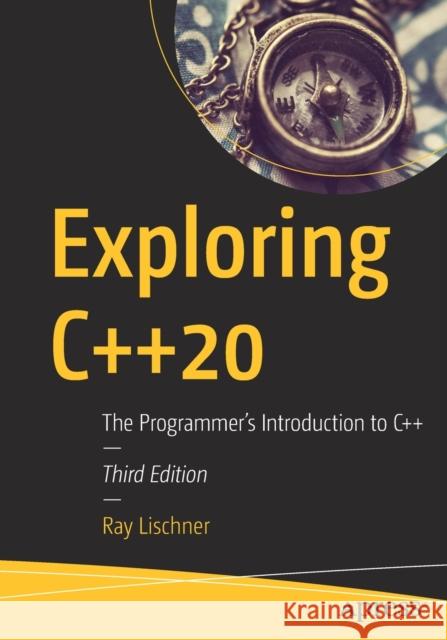Exploring C++20: The Programmer's Introduction to C++ » książka
topmenu
Exploring C++20: The Programmer's Introduction to C++
ISBN-13: 9781484259603 / Angielski / Miękka / 2020 / 667 str.
Kategorie:
Kategorie BISAC:
Wydawca:
Apress
Język:
Angielski
ISBN-13:
9781484259603
Rok wydania:
2020
Ilość stron:
667
Waga:
1.18 kg
Wymiary:
25.4 x 17.78 x 3.56
Oprawa:
Miękka
Wolumenów:
01
Dodatkowe informacje:
Wydanie ilustrowane











